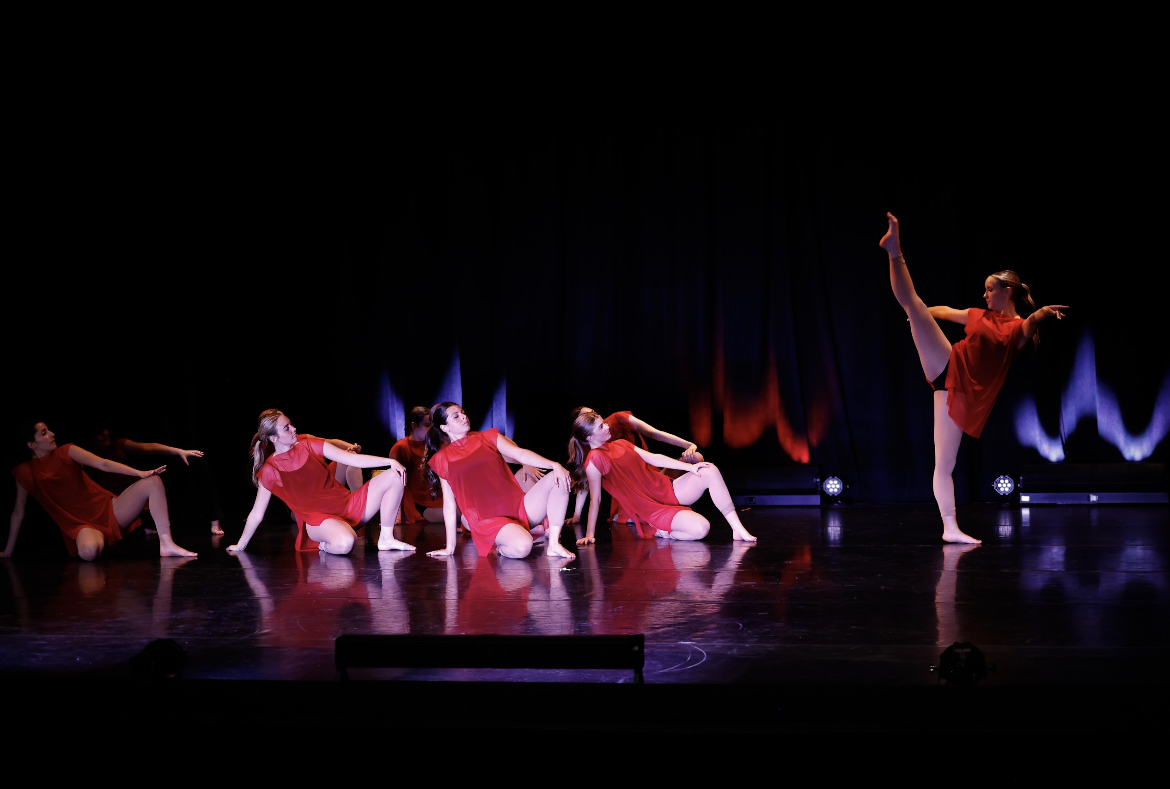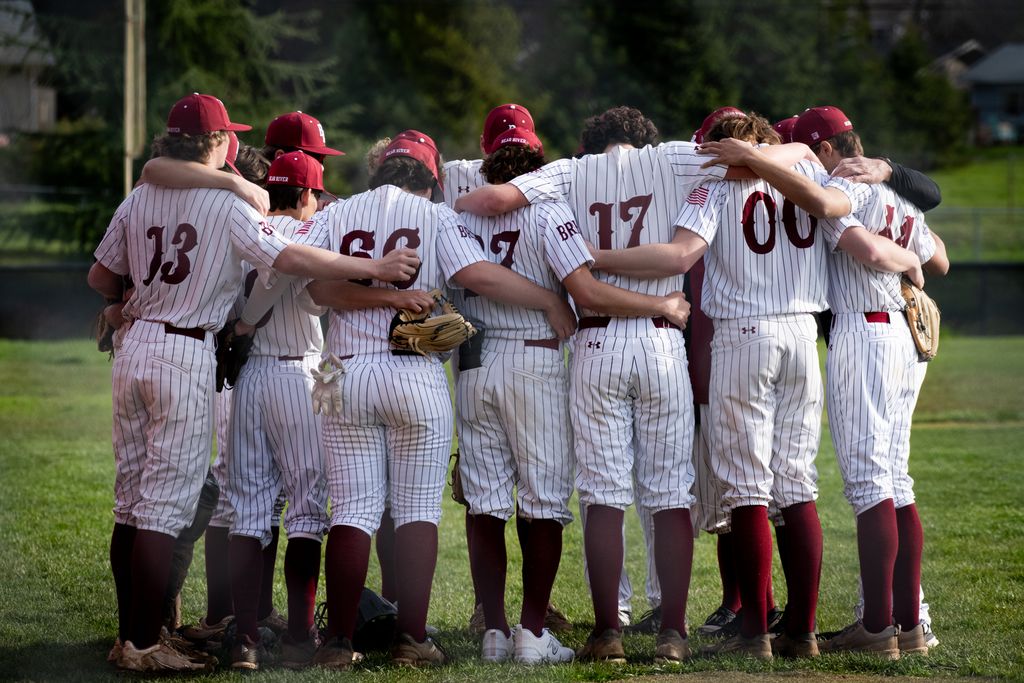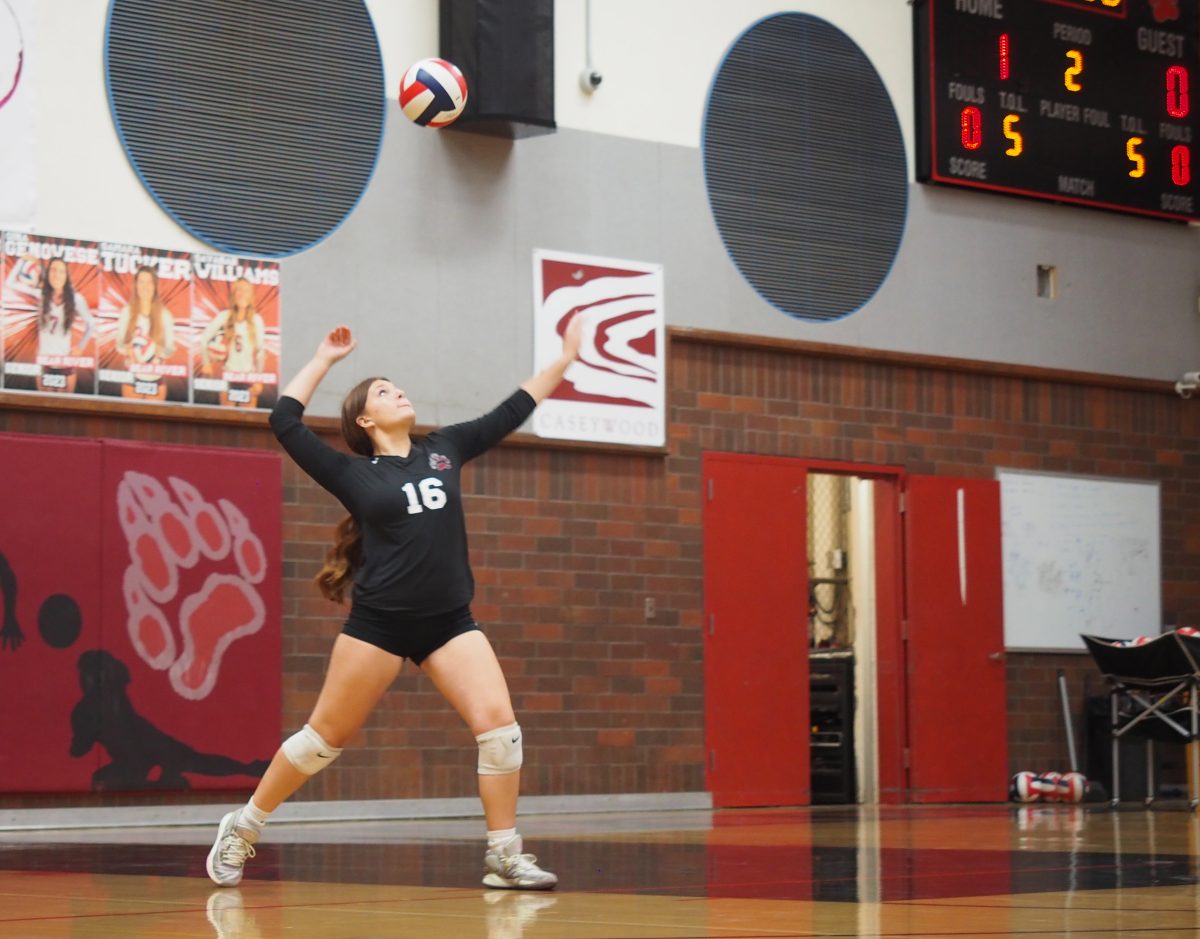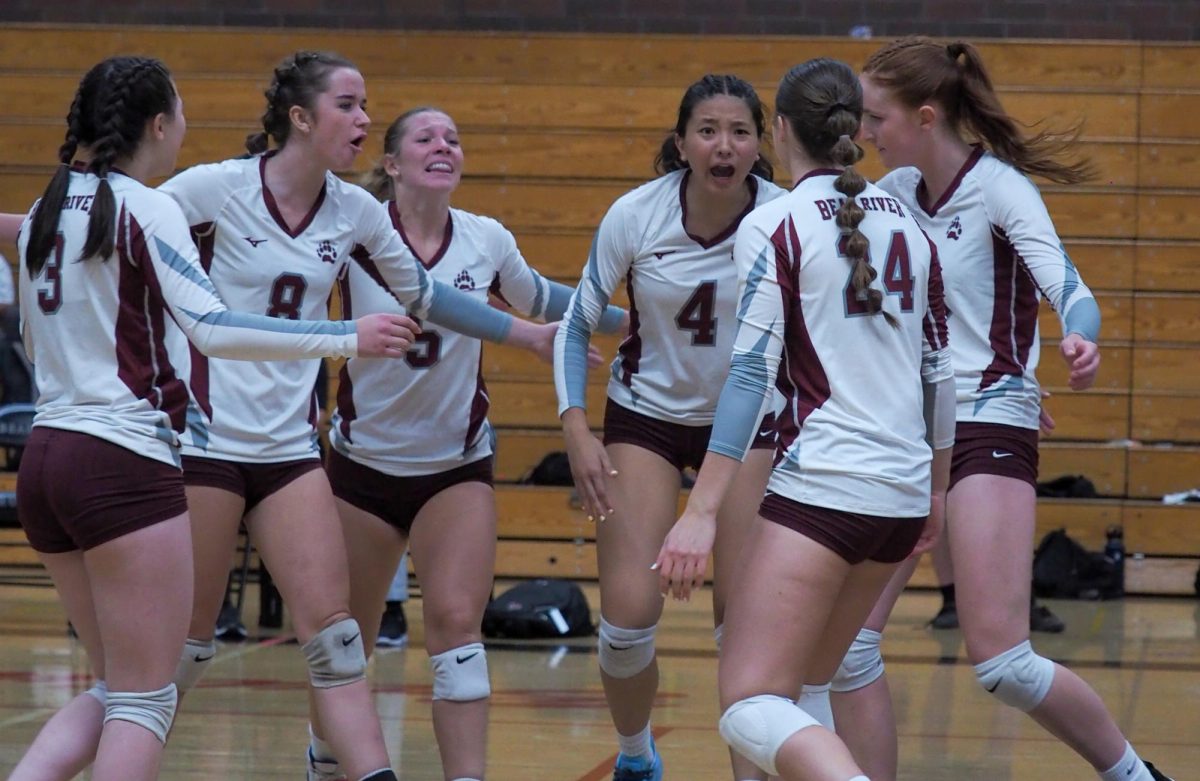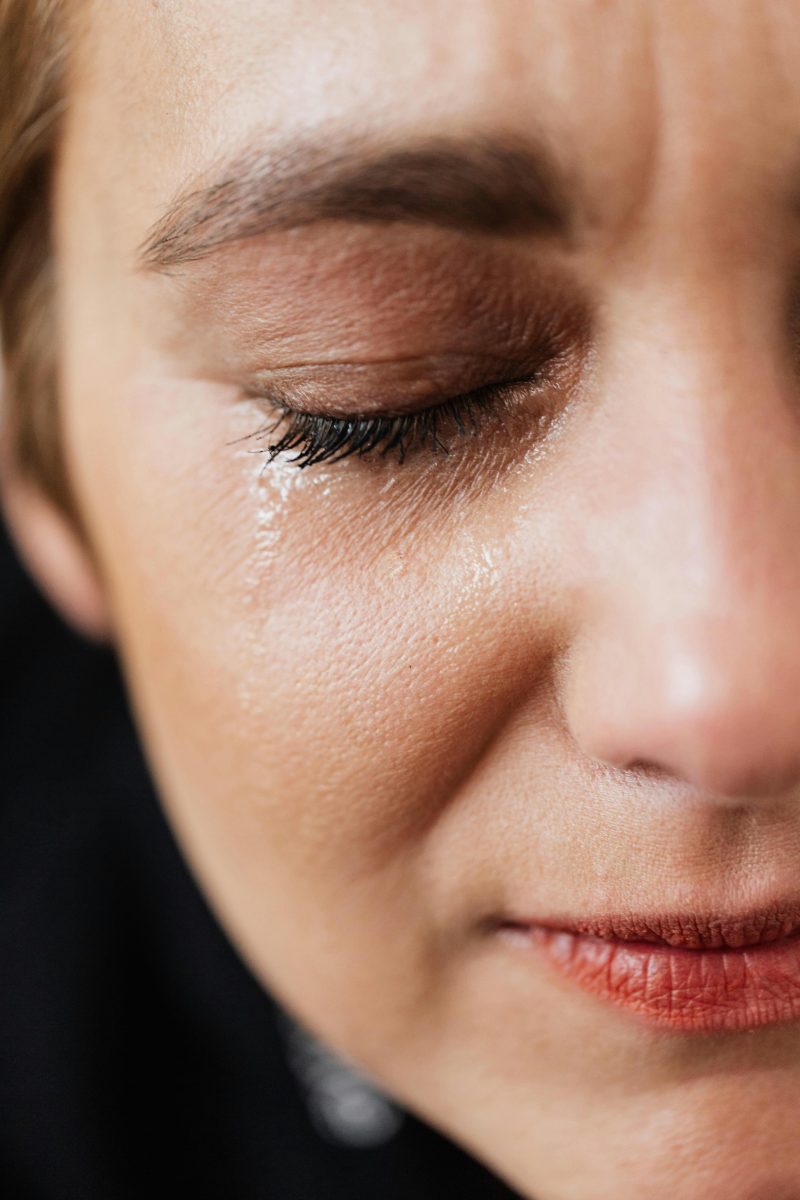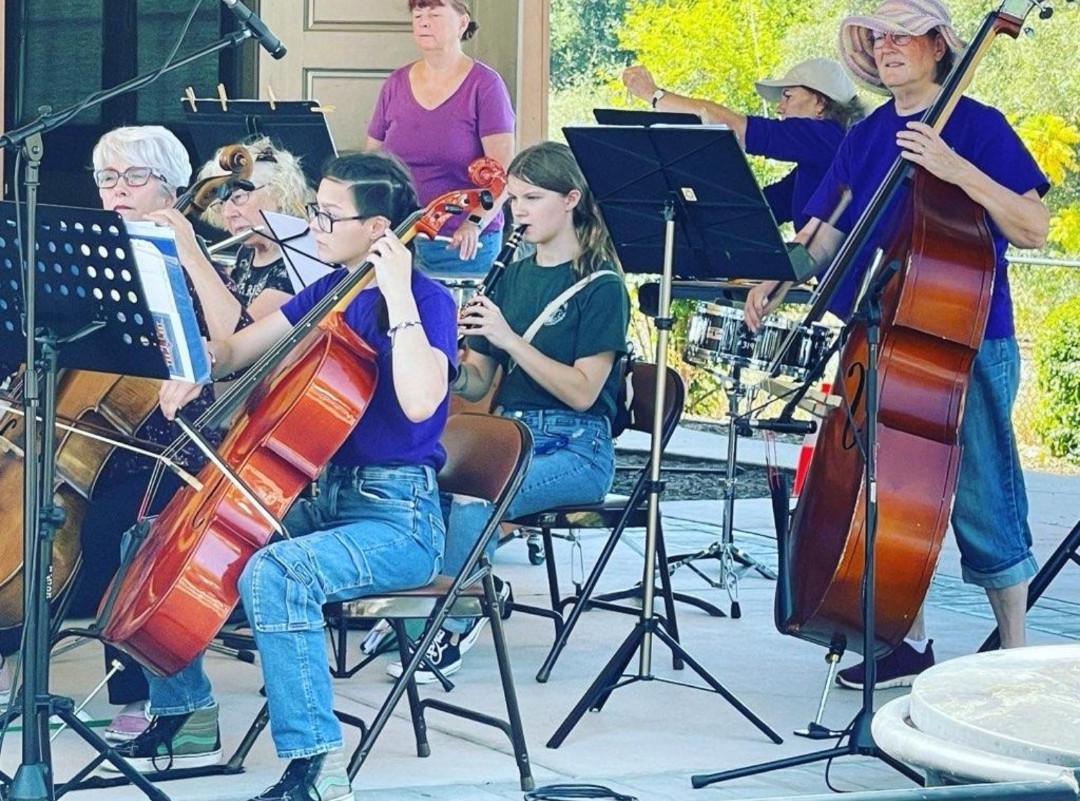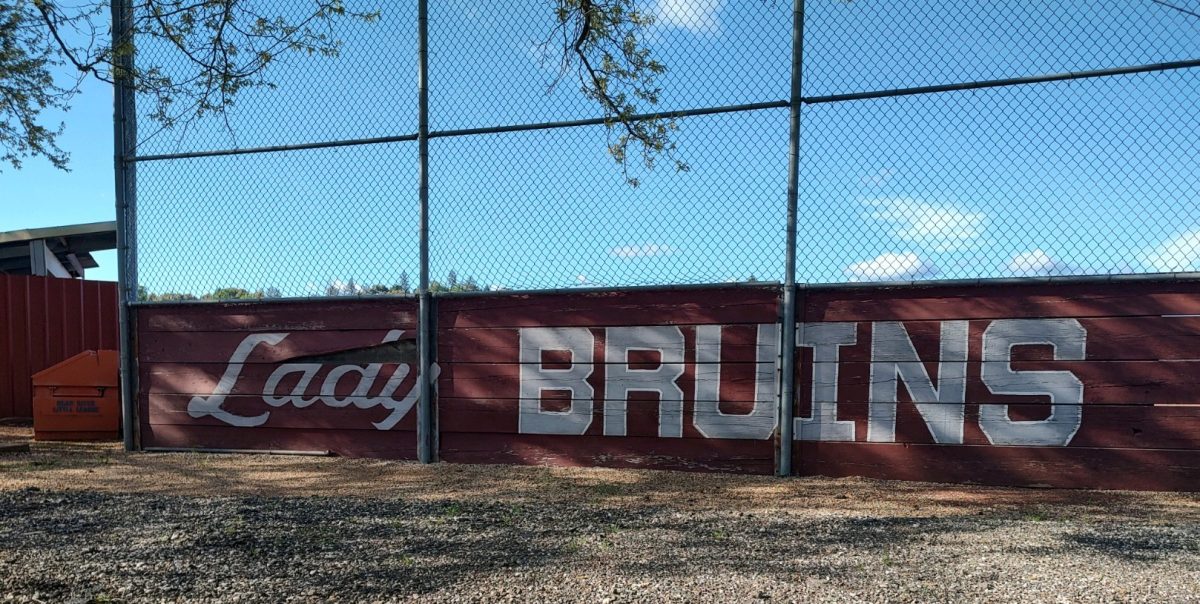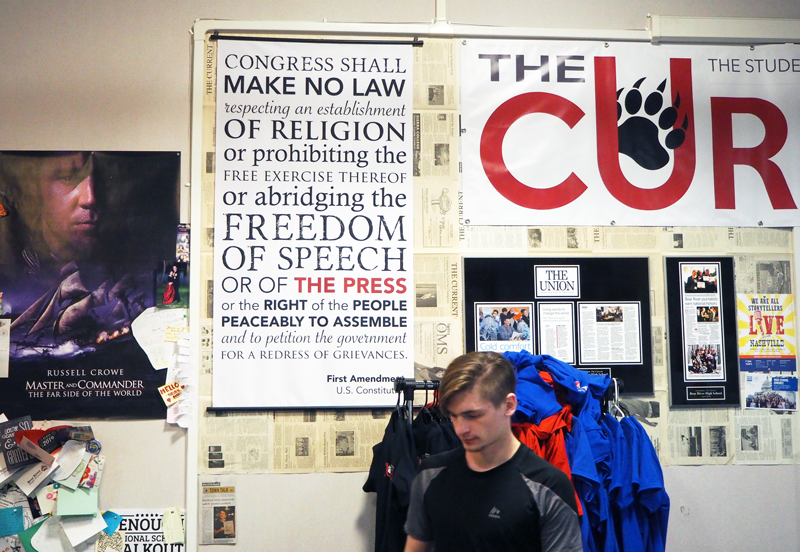Have you ever had someone speak over you in a conversation, telling you to ‘shut up,’ or refusing to let you voice your opinion? Innately, we can feel that something about that is wrong. We want to be given the opportunity to say what we believe.
Freedom of speech is widely considered to be a vital piece of the fabric of American democracy. But with verbal bullying and cyberbullying such a prevalent problem at public schools today, the question of whether certain speech must be unprotected in a school setting is one that requires serious consideration and caution. The mental health of children and teenagers certainly must be protected by school administrations, and discouraging bullying has a huge part to play in overcoming that challenge. But small, seemingly harmless regulations on freedom of speech also have the potential to grow into something that limits our ability to take part in healthy discourse and debate, and express our opinions and ideals without fear of authoritative backlash.
Speech that is paid close attention to in schools, and often taken action against, is commonly referred to as “hate speech.” Bear River Principal Christoper Roberts explained what, in his opinion, defines the parameters of hate speech.
“Hate speech is any speech that is hateful in nature or insights violence towards an individual or group based on their religion, race, sex, or sexual orientation,” he said.
Sophomore Grayson Scheda described his own perception of this.
“Probably anything that would hurt someone else,” he said. “I wouldn’t say [it would] just offend anybody, but maybe hurt someone.”
Recently, Bear River Varsity Basketball Coach Ralph Lewis dealt with hate speech in the form of a racist word being written on his car while he was at a game. This certainly would be considered not just offensive, but truly hurtful.
Sophomore Sophia Christen emphasized her belief in freedom of speech, before clarifying that, of course, as in the above situation, the school has to protect kids’ and staff members’ safety.
“I mean, all speech should be allowed, but there is speech that could be known as harmful,” she said. “Going around saying you’re going to hurt someone, that speech should be limited… but giving what you believe or giving what you think should never be limited because it’s hurting nobody, it only will hurt you if you take it in a certain way.”
Principal Roberts explained the more technical aspects of this idea of freedom vs. harm.
“The best part of living in this country are the freedoms we enjoy,” he said. “One of those freedoms is the freedom of speech. However, freedom of speech doesn’t mean that there aren’t consequence for what one says. You can’t yell bomb in an airplane. You can’t yell fire in a theater. Those insight fear and could cause panic. The same can be said for hate speech … The limits that exist at school, in regards to freedom of speech, are as long as the speech isn’t hate speech, meant to insight fear or panic, or threatening or disrespectful in nature, you are free to share your opinions and thoughts.”
Freshman Olivia DesAutels conveyed the same idea, in a simpler way.
“There are words that certain people shouldn’t say and things that shouldn’t be talked about another person,” DesAutels said. “… But as far as voicing your opinions about certain things, I feel like as long as it’s respectful and understanding, that should be allowed.”
A school setting, even at a public school, often has different rules and regulations that govern it as compared to, for example, a public park or a city street. Some of these regulations can include dress code, rules against chewing gum in class, and occasionally stricter rules for acceptable language. However, Principal Roberts said that in his mind, the limitations on freedom of speech at Bear River should be exactly the same as any other public location.
“As a citizen of the United States of America my inalienable rights are life, liberty and the pursuit of happiness and anyone or anything that gets in the way of that should have consequences,” he said. “In or out of school.”
Whether or not someone is ‘getting in the way’ of your happiness is a very subjective question. So the question is, should schools set in place specific, set-in-stone rules for these scenarios, or take it as it happens?
“Honestly, the school should take it case by case, because if it’s not that serious, then obviously it should be taken seriously, but not as seriously as other cases,” said Scheda. “… Everybody has different opinions, so it would probably start a riot if you were like ‘you can’t do this’, no tolerance, something like that.”
Still, setting some small limits on the freedom of speech at school might seem like it could be reasonable. The problem lies with the word “small.” The line that must be walked when it comes to this balance is very thin, and every time speech is limited, there’s a risk taken, betting against the possibility of these restrictions snowballing into something much bigger.
“It would turn into something more crazy,” said DesAutels on what the likely aftermath of school-set rules would be. “The principle where when you tell someone they can’t do something, that makes them want to do it more, you know what I mean?”
Junior Amber Bell agreed, relating it to the historical prohibition period, when despite the ban of alcohol, drunkenness only got worse because of society’s desire to rebel. She went on to explain another reason that she thinks strict rules wouldn’t have the desired effect.
“I think that a lot of words, they mean different things to different people,” she said. “I do think it’s more of a case by case situation, because there’s a lot of slurs that have been redefined by certain groups. So, if you were to say ‘you can’t say that word,’ then people who are fine with saying that word could also get in trouble for it, and I don’t think that’s right.”
Christen said that her rule is that, when it comes to controversial topics, she will only give her opinion if she’s prepared for backlash.
“I’m a Christian,” she said. “… There are people who are gay, transgender… I get a lot of hate for my religion, people get a lot of hate for their gender. You will always have people against you, and it’s whether you’re like, ‘okay, I’m going to give my opinion, and I’m going to get them back.’ … Just be ready for it. Are you going to take it maturely or immaturely?”
Bell explained her simple philosophy when it comes to choosing what words to say.
“Why would you be mean, that’s not the right thing to do,” she said. “You should be nice to people! Just don’t be rude.”
School is a place where everyone should feel safe, and violent or threatening language can jeopardize its ability to be that kind of place. However, freedom of speech is one of our most important rights, and we have to be very careful when we think about restricting it in any way. Something that seems inconsequential initially has the potential to lead to a monumental change in our freedoms in the future if we don’t take care to protect them.


